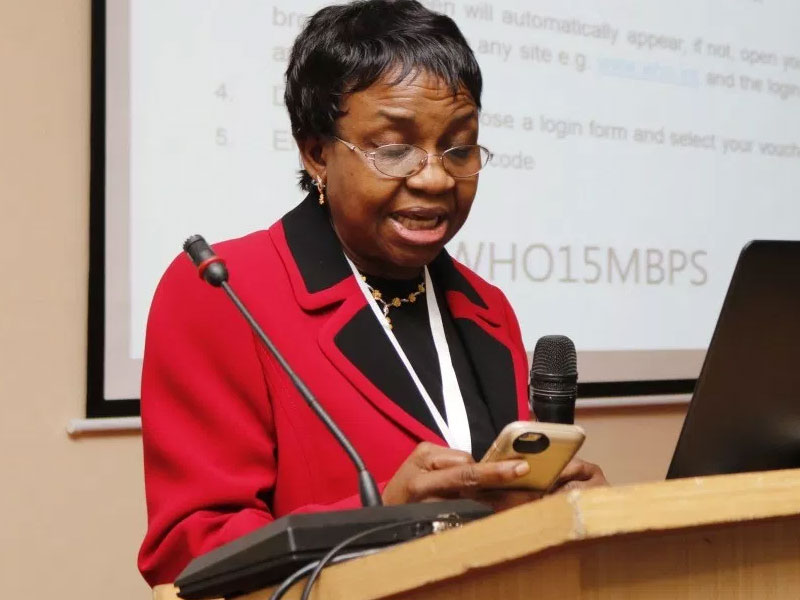The Nigeria Hydrological Services Agency on Thursday warned of potential flooding in 198 local government areas across 30 states and the Federal Capital Territory.
The alert, obtained by our correspondent, covers August 7 to August 21, 2025, a span of 15 days during which vulnerable communities are advised to take precautionary measures.
The alert categorised flood risk levels as very high, high and moderate, depending on local topography and rainfall intensity projections.
The affected states are Adamawa, Akwa-Ibom, Anambra, Bauchi, Bayelsa, Benue, Borno, Cross River, Delta, Ebonyi, Edo, the Federal Capital Territory, Gombe, Imo, Jigawa, Kaduna, Kebbi, Kogi, Kwara, Lagos, Nasarawa, Niger, Ogun, Ondo, Plateau, Rivers, Sokoto, Taraba, Yobe, and Zamfara.
According to NiHSA, very high-risk states are Adamawa, Bauchi, Bayelsa, Benue, Borno, Delta, Gombe, Kebbi, Kogi, Lagos, Niger, Ogun, Rivers, Yobe, and Zamfara.
READ ALSO:Floods: Ondo, Osun, Ekiti Map Risk Zones, Clear Waterways
While states categorised as facing high to moderate risk include Akwa Ibom, Anambra, Cross-River, Ebonyi, Edo, FCT, Imo, Jigawa, Kaduna, Kwara, Nasarawa, Ondo, Plateau, Sokoto, and Taraba.
The agency also noted that 832 communities are at risk of varying degrees of flooding.
The alert also warned of the potential disruption of over 100 major transportation routes, particularly in flood-prone areas.
“High likelihood of displacement, especially in low-lying and flood-prone areas. NiHSA urges residents in affected regions to remain vigilant, adhere to early warning directives, and cooperate with emergency response agencies,” it stated.
To mitigate the potential impacts of flooding, NiHSA recommended that all emergency management stakeholders should get prepared for response protocols to ensure timely intervention.
READ ALSO:Flood Sweeps 12-year-old Pupil In Edo
It added, “Communities at risk should put evacuation plans in place.
“Follow up on NIHSA’s state-level weekly forecast for community-specific forecast, and monitor updates from NIHSA.”
The Director General of NiHSA, Umar Mohammed, said, “This alert is issued in line with our commitment to safeguarding lives and property. We call on state governments, local authorities, and the public to take proactive measures to mitigate risk and ensure community safety.”
He emphasised that they will continue to monitor the hydrological situation and provide timely updates as necessary.
On Tuesday, the National Emergency Management Agency revealed that in 2025, no fewer than 191 lives have been lost to the floods that have ravaged parts of the country, while 94 people remain missing.
READ ALSO:NiMet Forecasts Rain, Flash Floods Nationwide
The report by NEMA showed that Niger State recorded the highest number of fatalities, with 163 deaths, followed by Adamawa State, where 26 people lost their lives. One death each was reported in Borno and Gombe states.
The data further indicated that, so far this year, the floods have affected 134,435 people across 20 states and 47 local government areas.
Additionally, 48,056 people have been displaced, while 239 injuries have been reported. The floods have also damaged 9,499 houses and affected 9,450 farmlands.
NEMA’s dashboard also revealed that among those affected are 27,121 men, 41,539 women, 60,071 children, 5,704 elderly persons, and 1,874 persons with disabilities.
In 2024, the floods affected 5,264,097 individuals, displacing 1,243,638 people across 35 states and 401 local government areas. The disaster resulted in 1,237 deaths and left 16,469 individuals injured.
Also, 116,172 houses were destroyed, and 1,439,296 hectares of farmland were affected, further worsening the economic and humanitarian impact of the flooding across the country.
